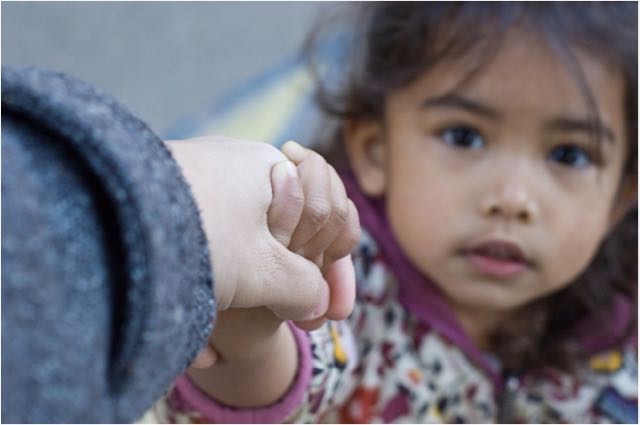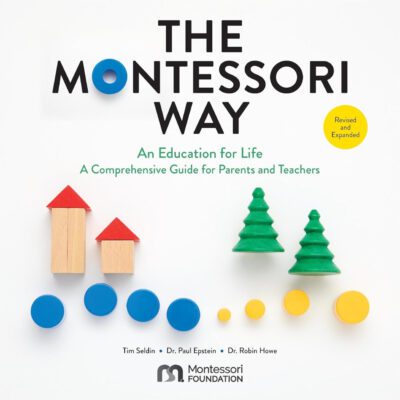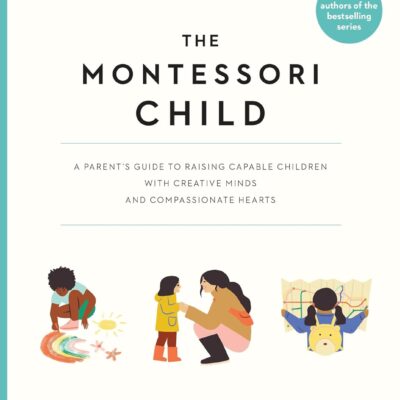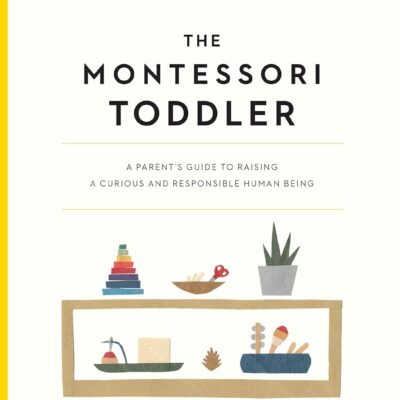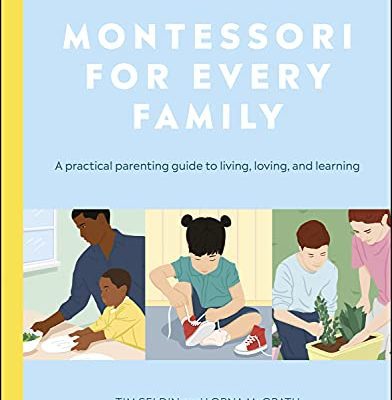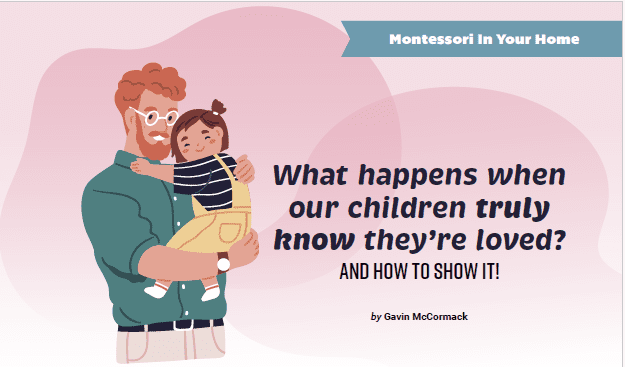
by Gavin McCormack
Love in Action: Small Gestures with a Big Impact
As parents, it’s easy to assume that our children know we love them. After all, we provide for their needs, cheer them on from the sidelines, and remind them to brush their teeth and do their homework. But love, while it may seem obvious to us, isn’t always as apparent to children as we think. In fact, research has consistently shown that when children feel genuinely and openly loved, it creates a ripple effect, shaping their confidence, resilience, and overall well-being.
So, how can we ensure our children not only hear our love but feel it deeply? And why is this so crucial to their development? Let’s explore the science and the simple, meaningful ways parents can demonstrate love in ways that matter most.
Love as the Foundation for Lifelong Success
Numerous studies highlight the transformative power of love on a child’s development. Children raised in an environment rich in affection, are more likely to become resilient, self-assured, and emotionally healthy adults.
Resilience and Emotional Strength: A child who feels loved is better equipped to handle challenges. They see failures as temporary and are more willing to persevere through adversity. Love provides them with a psychological safety net to take risks and learn from mistakes.
Confidence and Self-Worth: Parental love reinforces a child’s belief in their own value. Knowing they are cherished gives them the courage to explore the world, form meaningful relationships, and pursue their goals.
Mental and Physical Health: Love also has physiological benefits. According to the Harvard Centre on the Developing Child, loving relationships reduce stress hormones in children, leading to better brain development and long-term health.
Success and Achievement—A study in the Journal of Child and Family Studies found that children who feel loved and supported are more likely to excel academically and socially. A loving parent’s encouragement fuels a child’s motivation and sense of purpose.
The science is clear: love is not just a “nice-to-have.” It is essential. But how do we, as busy parents, juggling countless responsibilities, ensure we are expressing our love in ways our children truly feel?
10 Practical Ways to Show Love That Children Can Feel
Children thrive when they experience love in tangible and meaningful ways. Here are ten simple yet powerful ways to ensure your child feels cherished every day:
1. Show Physical Affection: Children crave physical closeness. Hugs, kisses, cuddles, and even a gentle hand on their shoulder can reassure them of your love. These small gestures speak volumes and create a sense of security.
2. Say It Out Loud: Never underestimate the power of saying, “I love you.” But don’t stop there. Verbal affirmations like, “I’m proud of you,” or “You’re so important to me,” nurture their self-esteem and remind them they are valued.
3. Listen with Intention: When your child speaks, give them your full attention. Put down your phone, make eye contact, and engage with their stories or concerns. Active listening makes them feel heard and understood.
4. Prioritize Quality Time: Whether it’s playing a board game, reading together, or simply talking about their day, dedicating undistracted time to your child strengthens your bond and communicates their importance in your life.
5. Celebrate Their Efforts: Recognize their achievements, no matter how small, and comfort them in their failures. Encouragement and support remind children that your love is not conditional on success but is unwavering.
6. Teach with Patience: Discipline is an opportunity to teach, not punish. When children know that guidance comes from love, they are more likely to learn and grow without fear or resentment.
7. Surprise Them: A little surprise can make your child’s day. Write a note for their lunchbox, make their favorite meal, or plan an unexpected outing. These acts of love leave lasting impressions.
8. Be Present: In our digital world, undivided attention is a precious gift. Put down the distractions, and show your child that they have your full focus. Being present is one of the most direct ways to show love.
9. Create Special Traditions: Family rituals, such as bedtime stories, Sunday pancakes, or a weekly game night give children something to look forward to and create cherished memories of love and togetherness.
10. Empathize with Their Feelings: Acknowledge and validate their emotions, whether they are happy, sad, or frustrated. Saying, “I understand why you feel this way,” helps them feel secure and supported.
Why Love Must Be Obvious
While we may believe that love is implied, children interpret the world differently. They thrive on explicit and consistent demonstrations of affection and care. Unlike adults, they cannot always infer love through actions like providing food or keeping a tidy home. They need tangible expressions of love to feel it in their hearts and minds.
When love is not obvious, children may misinterpret our busyness or distractedness as disinterest or even rejection. Over time, this can lead to feelings of insecurity or a lack of self-worth. By making love clear and abundant, we give our children the tools they need to flourish.
The Ripple Effect of Love
As parents, showing love is one of the simplest yet most profound gifts we can give our children. It sets the stage for their emotional and physical well-being, their success, and their capacity to form loving relationships of their own.
By taking small, intentional steps to demonstrate love daily, we lay a foundation for our children to grow into resilient, confident, and compassionate individuals. Love, after all, is not just the bond that connects us; it’s the force that shapes our future.
So today, take a moment to hug your child, tell them how proud you are, or simply listen to their stories. Let them know, in every way possible, just how much they mean to you. Because when children feel deeply loved, they truly have the world at their feet.
Gavin McCormack is a Montessori teacher, former Montessori school principal, and the co-founder of Upschool.co, a global platform providing free educational courses for children and high quality training for teachers. With ten years of Montessori teaching experience and 25 years in total, Gavin is committed to fostering lifelong skills through purposeful, real-world learning.
Gavin has travelled the world to bring the best the planet has to offer to children everywhere. His educational expeditions have taken him to some of the most remarkable locations on Earth, including Mount Everest, Antarctica, Costa Rica, the Arctic Circle, Iceland, the Chitwan Jungle, and soon Greenland. In each of these places, along with the team at Upschool, he has filmed educational content, collaborated with local communities, and developed courses that connect children with the wonders of the natural world and the lessons it holds.
He has received multiple accolades, including a nomination for Australian of the Year and a ‘Best Contribution to Education’ award at the GESS Dubai Awards. He is an author of children’s books and a practical guide on Montessori education for parents. His TEDx talk and presentations at global conferences focus on the importance of hands-on, meaningful learning experiences. Through initiatives like the ‘Write a Book to Change the World’ course and global projects such as ‘The Wonderful World of Trees,’ Gavin empowers children to apply their knowledge to realworld challenges, fostering a sense of purpose and hope for the future.
Love in Action: Small Gestures with a Big Impact
As parents, it’s easy to assume that our children know we love them. After all, we provide for their needs, cheer them on from the sidelines, and remind them to brush their teeth and do their homework. But love, while it may seem obvious to us, isn’t always as apparent to children as we think. In fact, research has consistently shown that when children feel genuinely and openly loved, it creates a ripple effect, shaping their confidence, resilience, and overall well-being.
So, how can we ensure our children not only hear our love but feel it deeply? And why is this so crucial to their development? Let’s explore the science and the simple, meaningful ways parents can demonstrate love in ways that matter most.
Love as the Foundation for Lifelong Success
Numerous studies highlight the transformative power of love on a child’s development. Children raised in an environment rich in affection, are more likely to become resilient, self-assured, and emotionally healthy adults.
Resilience and Emotional Strength: A child who feels loved is better equipped to handle challenges. They see failures as temporary and are more willing to persevere through adversity. Love provides them with a psychological safety net to take risks and learn from mistakes.
Confidence and Self-Worth: Parental love reinforces a child’s belief in their own value. Knowing they are cherished gives them the courage to explore the world, form meaningful relationships, and pursue their goals.
Mental and Physical Health: Love also has physiological benefits. According to the Harvard Centre on the Developing Child, loving relationships reduce stress hormones in children, leading to better brain development and longterm health.
Mental and Physical Health: Love also has physiological benefits. According to the Harvard Centre on the Developing Child, loving relationships reduce stress hormones in children, leading to better brain development and longterm health.
Success and Achievement: A study in the Journal of Child and Family Studies found that children who feel loved and supported are more likely to excel academically and socially. The encouragement of a loving parent fuels a child’s motivation and sense of purpose.
Why Love Must Be Obvious
While we may believe that love is implied, children interpret the world differently. They thrive on explicit and consistent demonstrations of affection and care. Unlike adults, they cannot always infer love through actions like providing food or keeping a tidy home. They need tangible expressions of love to feel it in their hearts and minds.
When love is not obvious, children may misinterpret our busyness or distractedness as disinterest or even rejection. Over time, this can lead to feelings of insecurity or a lack of self-worth. By making love clear and abundant, we give our children the tools they need to flourish.
The Ripple Effect of Love
As parents, showing love is one of the simplest yet most profound gifts we can give our children. It sets the stage for their emotional and physical well-being, their success, and their capacity to form loving relationships of their own.
By taking small, intentional steps to demonstrate love daily, we lay a foundation for our children to grow into resilient, confident, and compassionate individuals. Love, after all, is not just the bond that connects us; it’s the force that shapes our future.
So today, take a moment to hug your child, tell them how proud you are, or simply listen to their stories. Let them know, in every way possible, just how much they mean to you. Because when children feel deeply loved, they truly have the world at their feet.
Gavin McCormack is a Montessori teacher, former Montessori school principal, and the co-founder of Upschool.co, a global platform providing free educational courses for children and high quality training for teachers. With ten years of Montessori teaching experience and 25 years in total, Gavin is committed to fostering lifelong skills through purposeful, real-world learning.
Gavin has travelled the world to bring the best the planet has to offer to children everywhere. His educational expeditions have taken him to some of the most remarkable locations on Earth, including Mount Everest, Antarctica, Costa Rica, the Arctic Circle, Iceland, the Chitwan Jungle, and soon Greenland. In each of these places, along with the team at Upschool, he has filmed educational content, collaborated with local communities, and developed courses that connect children with the wonders of the natural world and the lessons it holds.
He has received multiple accolades, including a nomination for Australian of the Year and a ‘Best Contribution to Education’ award at the GESS Dubai Awards. He is an author of children’s books and a practical guide on Montessori education for parents. His TEDx talk and presentations at global conferences focus on the importance of hands-on, meaningful learning experiences. Through initiatives like the ‘Write a Book to Change the World’ course and global projects such as ‘The Wonderful World of Trees,’ Gavin empowers children to apply their knowledge to realworld challenges, fostering a sense of purpose and hope for the future.



